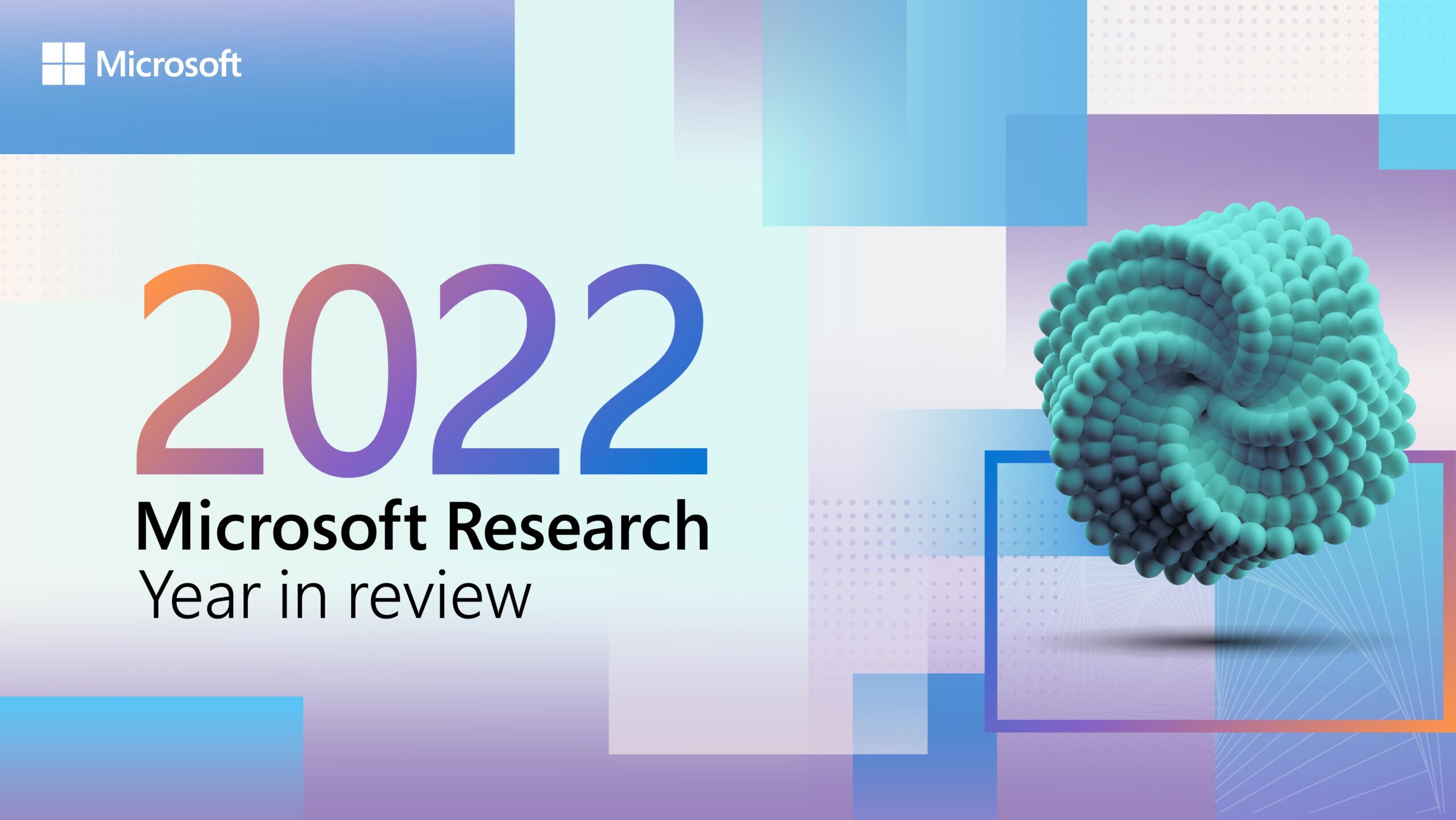
Managing Director, Microsoft Research Eric Horvitz photographed on December 21, 2015. (Photography by Scott Eklund/Red Box Pictures)
By Eric Horvitz (opens in new tab), Managing Director, Microsoft Research
We are excited to once again support the 25th International Joint Conference on Artificial Intelligence (IJCAI), (opens in new tab) which runs Saturday, July 9, through Friday, July 15, in New York City. IJCAI is a leading international conference in the field of artificial intelligence and is the main AI summer conference, now that the AAAI (opens in new tab) meeting has moved to winter.
Spotlight: AI-POWERED EXPERIENCE
This year’s conference comes at a time when AI is playing an increasingly important role in the world. AI has been a hotbed of research and development and the fruits of these efforts will have numerous benefits for people and society. Along with the enthusiasm have come questions about potential challenges and rough edges, and a rise of concerns (opens in new tab)—with some people expressing worries that resonate with themes portrayed for decades in science fiction. It’s been great to see AI experts as well as the greater public engaged in discussions about short-term and long-term AI futures (opens in new tab).
IJCAI comes right after a set of workshops that were organized by the White House Office of Science and Technology Policy (opens in new tab) (OSTP) with academic partners. The rationale for the workshops, according to Ed Felton, a Deputy U.S. Chief Technology Officer (and long-term colleague and professor at Princeton), in a blog entitled “Preparing for the Future of Artificial Intelligence (opens in new tab),” is to address opportunities in AI. Says Felton, “There are tremendous opportunities and an array of considerations across the Federal Government in privacy, security, regulation, law, and research and development to be taken into account when effectively integrating this technology into both government and private-sector activities.”
For the OSTP workshops, I accepted two interesting invitations: to first share reflections in a keynote on the promise of AI (presentation on AI and social good (opens in new tab)) at the OSTP workshop on AI for Social Good (opens in new tab) in Washington, DC and to later present on AI and safety (presentation on AI and safety (opens in new tab)) at the OSTP workshop on Safety and Control of AI (opens in new tab) at Carnegie Mellon University.
Both of my presentations touched on the importance of developing technologies that allow people and machines to collaborate with fluency and fluidity to solve problems and ensure safety. At a workshop co-located with IJCAI, I’ll be following up on these ideas in a keynote on directions with human-computer collaboration (opens in new tab). At another workshop on richer roles for humans in machine learning (opens in new tab), Rich Caruana will be presenting on strategies for teaching computers, that goes beyond simple labeling strategies. Later in the week, Microsoft Research’s Ece Kamar (opens in new tab) will be honored as a young investigator with an IJCAI Early Career presentation on methods that support collaboration between humans and machines (opens in new tab).
In addition to these talks, Microsoft Research will be presenting numerous technical papers at IJCAI, providing a deep learning tutorial (opens in new tab), supporting workshops on scholarly big data (opens in new tab) and human-agent interaction design (opens in new tab), as well as giving a demonstration of Microsoft’s Project Malmo (opens in new tab), a platform for AI experimentation within the world of Minecraft.
Before ending, I’d like to acknowledge those colleagues who invest great amounts of time in doing peer review to ensure the quality of the work that is published. Andrey Kolobov (opens in new tab) received his third Outstanding Program Committee Member recognition for his work on reviewing papers and providing feedback at IJCAI. We don’t celebrate this kind of essential work enough, which is essential to the success and vibrancy of our field.
I’m looking forward to IJCAI and hope to have a chance to catch up with colleagues there. Microsoft Research will have a booth in the exhibition hall. Please feel free to stop by and chat with our researchers about projects and opportunities at Microsoft Research and at Microsoft more broadly.
Learn more:
- Microsoft Research AI Engage (opens in new tab)
- International Joint Conference on AI (opens in new tab)
- Project Malmo, which lets researchers use Minecraft for AI research, makes public debut (opens in new tab)
- Project Malmo (opens in new tab)
- Satya Nadella (opens in new tab) on artificial intelligence: The Partnership of the Future (opens in new tab)
- OSTP Blog on workshops on Preparing for the Future of AI (opens in new tab)
- Eric Horvitz receives ACM-AAAI Allen Newell Award (opens in new tab)





